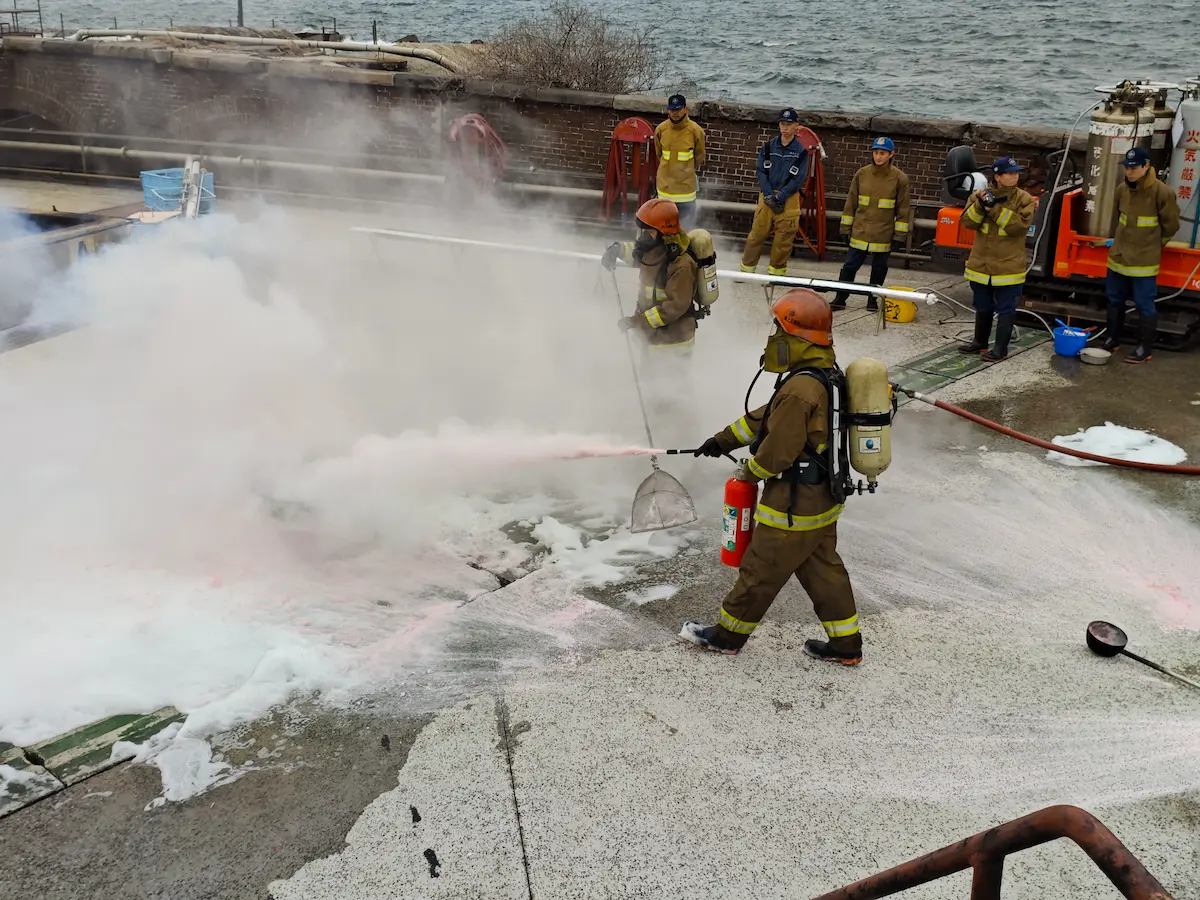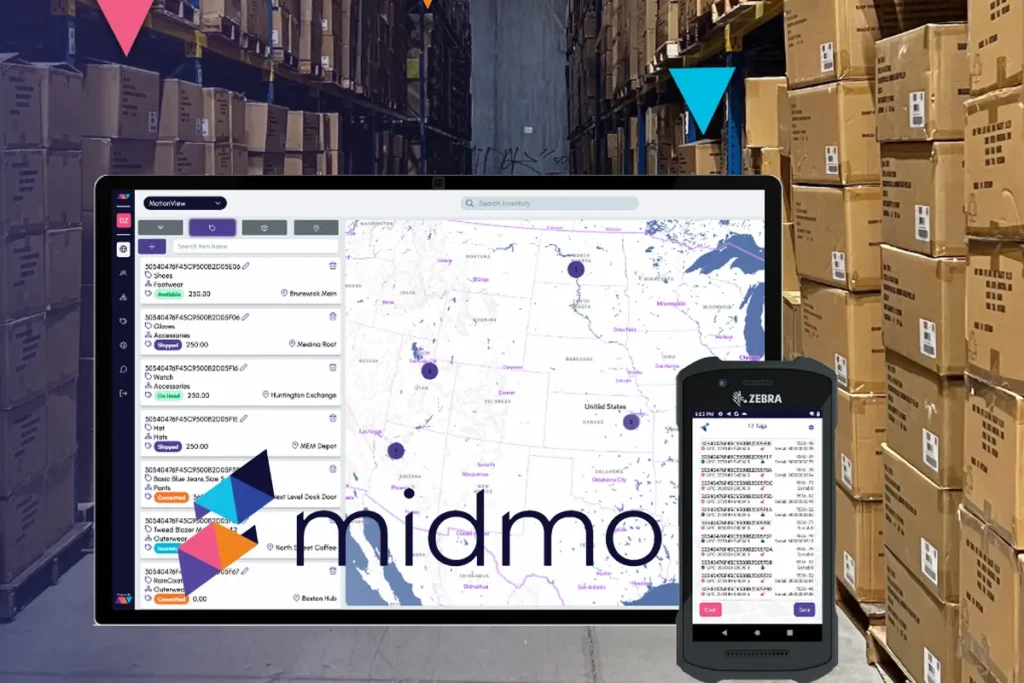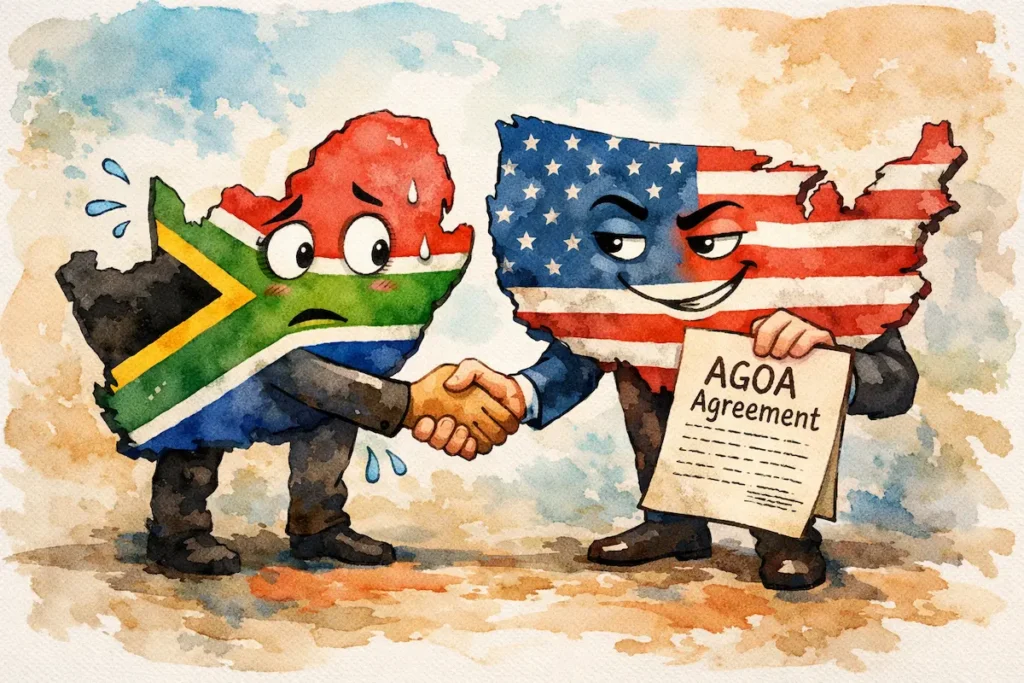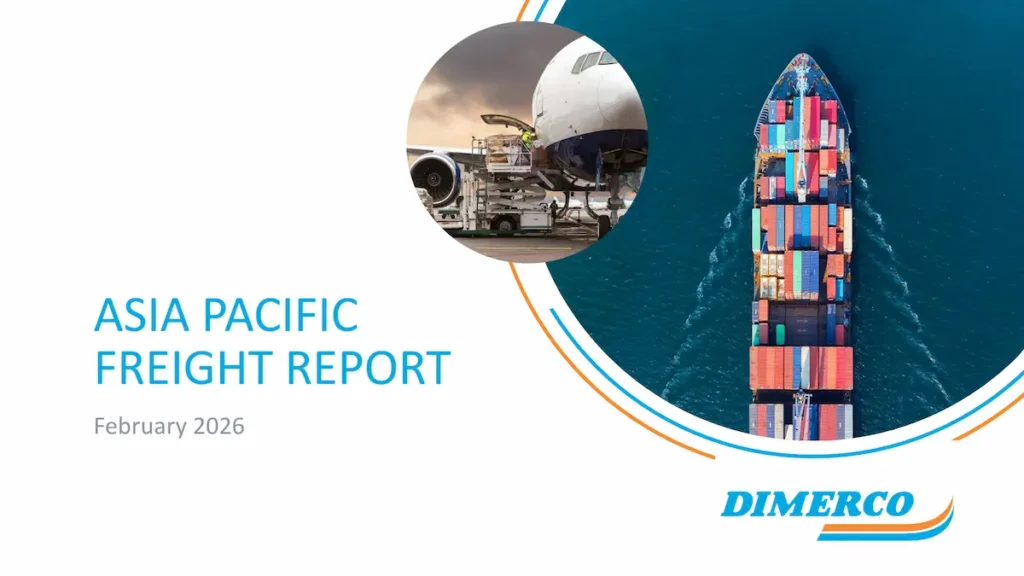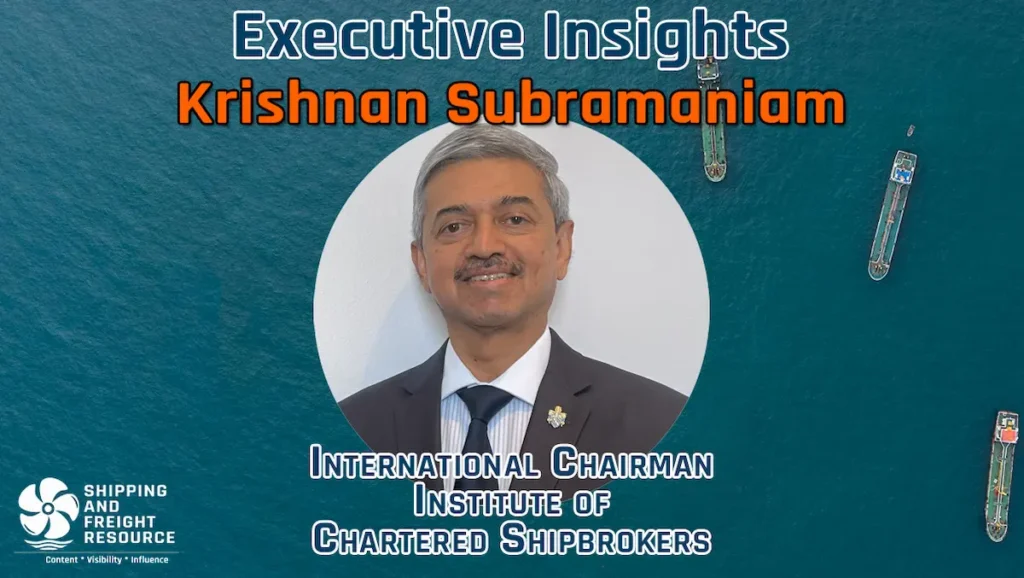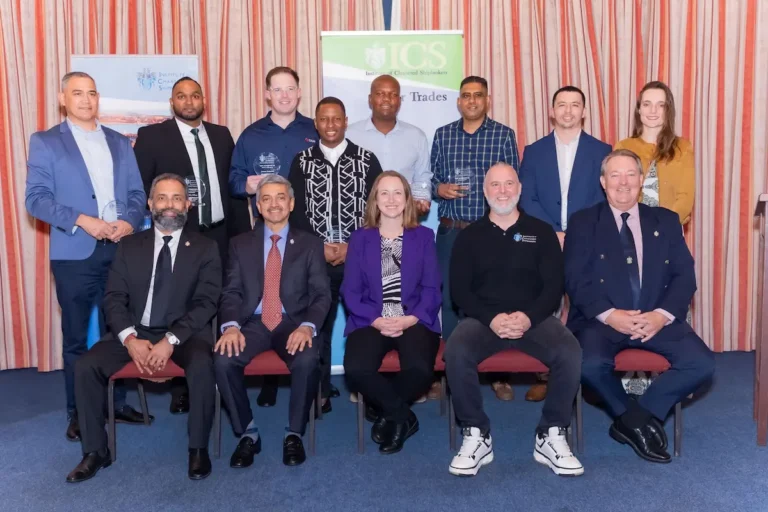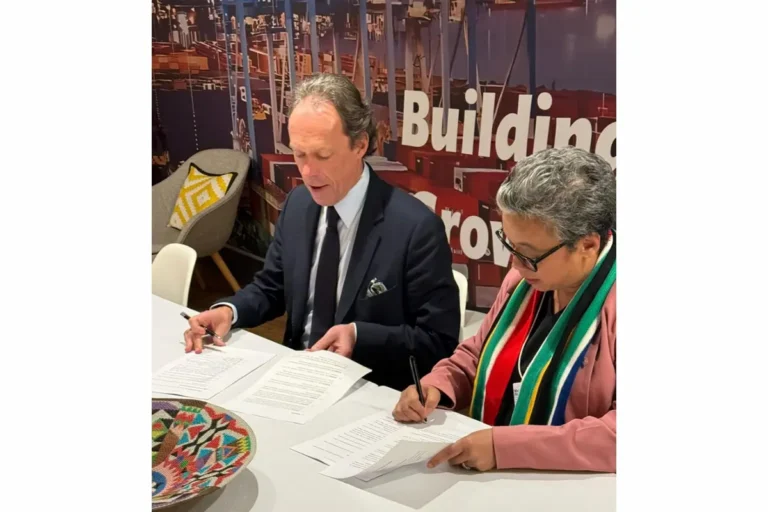The world’s shipping lanes are entering a new era. As the maritime sector moves towards decarbonisation, ships are increasingly shifting from conventional heavy fuel oils to zero or near-zero emission fuels such as hydrogen, ammonia, methanol, and battery-electric power.
This transition is crucial for meeting global climate targets, but it also poses a pressing question: are seafarers ready to operate and maintain these next-generation vessels safely and efficiently?
The International Maritime Organization (IMO), the UN body that regulates shipping, is taking decisive steps to ensure the answer is “yes.” Through new training frameworks, interim guidelines, and global support programmes, IMO is working to prepare the maritime workforce for an energy transition that is not just technological but also human.
Setting the new global training benchmark
To bridge the skills gap created by alternative fuels and advanced ship technologies, IMO has released the Generic interim guidelines on training for seafarers on ships using alternative fuels and new technologies (STCW.7/Circ.25).
These guidelines establish an international framework for how maritime training institutions and regulators should design and approve courses for crews working with emerging propulsion systems.
Crucially, the framework is not fuel-agnostic. Recognising the unique safety and operational requirements of each low-emission solution, the IMO is also developing fuel- and technology-specific interim training guidelines. These will cover areas such as:
- Methyl/ethyl alcohol – training on safe handling, fire safety, and spill response.
- Ammonia and hydrogen – with emphasis on toxicity, explosion risk, and bunkering procedures.
- LPG (liquefied petroleum gas) – cryogenic operations and cargo system management.
- Battery-powered ships and fuel cells – thermal runaway prevention, emergency shutdown, and energy storage maintenance.
These specialised modules are set for discussion at the Sub-Committee on Human Element, Training and Watchkeeping (HTW 12) in February 2026.
Their outcomes are expected to feed into revisions of the International Convention on Standards of Training, Certification and Watchkeeping for Seafarers (STCW 1978), transforming today’s voluntary interim standards into tomorrow’s mandatory global requirements.
Beyond regulations: boosting capacity worldwide
IMO is not stopping at issuing guidance. It recognises that for training to be meaningful, the capacity to deliver it must exist everywhere — not just in advanced economies.
Some of the organisation’s key initiatives include:
- Regional instructor training in Asia
A three-year Japan-funded project is helping maritime training centres in Asian countries build in-house expertise for LNG-fuelled ship operations — a practical stepping stone towards other alternative fuels. - Partnership with the World Maritime University (WMU)
Together with WMU, IMO is developing cutting-edge training materials on alternative fuels and their safe use at sea. This collaboration also contributed to the Maritime Just Transition Task Force frameworks launched recently. - GreenVoyage2050 supports developing countries
Through this initiative, IMO is helping local trainers design courses relevant to their regions, offering e-learning modules and digital resources for cost-effective upskilling. - Connecting regulators and industry
IMO-backed events, such as a recent seminar in Singapore, are showcasing new training tools, including VR-based simulations and methanol firefighting drills, as well as innovative safety systems for next-generation ships.
A just and safe energy transition for seafarers
Decarbonisation in shipping is more than a technical shift; it is a human transformation. Seafarers, who keep the world’s trade moving, must have the right knowledge and confidence to work with unfamiliar fuels and technologies.
The IMO’s proactive stance, updating training standards, supporting Member States, and engaging with academia and industry, is laying the foundation for a just transition where no seafarer is left behind.
As the revised STCW Convention takes shape, shipowners, operators, and training providers would be wise to closely monitor these developments. Aligning crew training with emerging standards will not only improve safety but also demonstrate commitment to sustainable operations and compliance.
For more on IMO’s work in this area, visit Preparing Seafarers for the Energy Transition.

